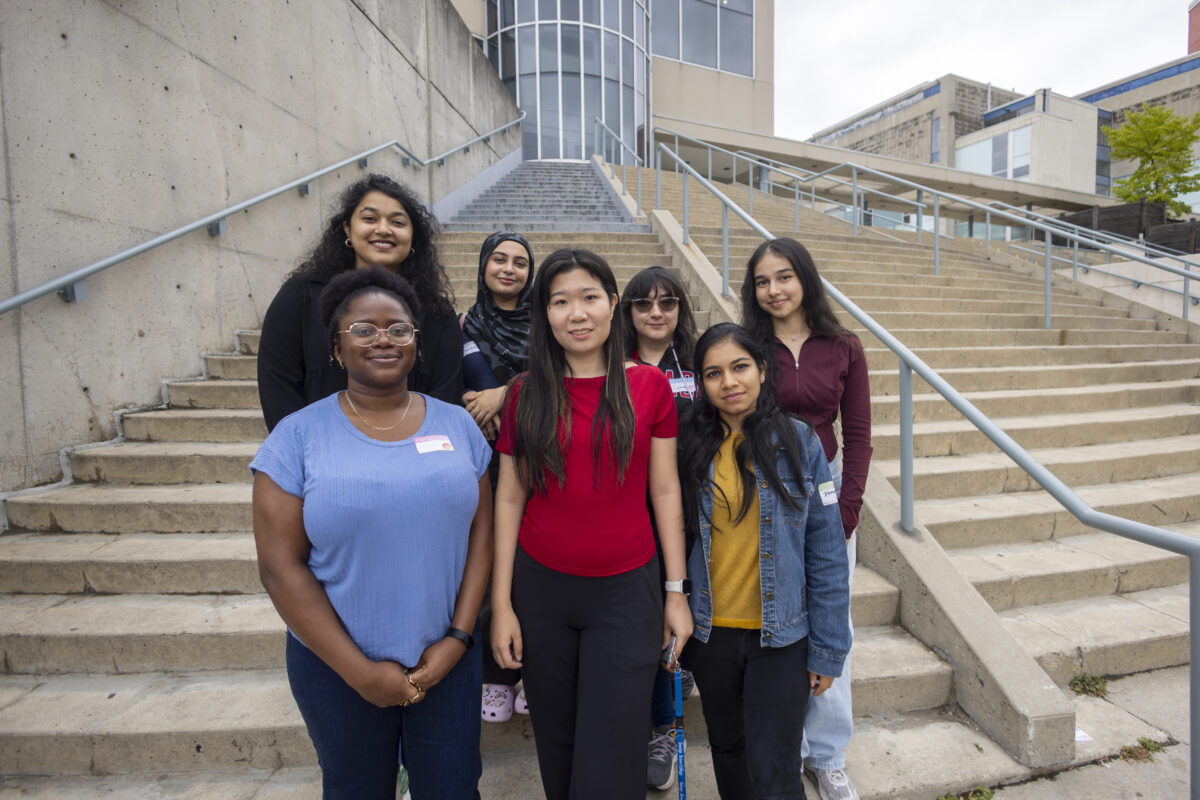Students often face academic problems and concerns during their studies.
Whether you’ve had a misunderstanding with a professor, or are trying hard to understand a complex college policy, there is a solution available on campus. For those who may not know how to respond when academic injustice happens, there’s the academic support service, which can ease our burden.
“Our goal is to champion fairness in education, empower students to overcome academic challenges, and advocate for themselves,” said Ximing Yao, coordinator of the Academic Support service. “As part of the Student Association, we are an independent body, which means we remain unbiased when helping students resolve conflicts with faculty. From the last academic year, 2024-2025, we have supported 536 cases.”
One of Academic Support’s signature services is one-on-one peer case management.
This service enables students to bring forward their academic concerns, meet with a support staff member or coordinator, and work together on the case until a resolution is reached. There are many successful cases where students have reached a win-win situation by using the service.
The team also places a strong emphasis on policy awareness.
“We want students to understand their rights and responsibilities. In some cases, students can advocate for themselves once they know the relevant policies. But even if they’re unsure, they’re always welcome to reach out to us,” Yao explained.
Aside from academic concerns, Academic Support also connects students to other college services, including the Office of Anti-Racism, Equity, and Human Rights; Counselling Services; the Library; and Accessible Learning Services.
Workshops are regularly hosted to explain how these departments work, how to access them, and how they can collaborate to support students.
While Academic Support doesn’t guarantee that students will receive higher grades, the team helps students work toward fair academic outcomes. If a student believes their grade is unfair or has faced exceptional circumstances, such as illness, compassionate reasons, or policy violations, the team can assist them through the grade appeal process step by step.
Some cases are straightforward, like connecting a student with the program chair when their professor is unavailable to review a disputed grade. Others are more complex, such as situations involving discrimination during a placement.
“In one case, the student’s mental health was significantly impacted by the placement environment. Although the grade itself couldn’t be changed, we worked with the program chair to arrange a standing deferral. This gave the student an extra year to complete the course without additional tuition.”
In the coming year, Academic Support plans to bring combined policy workshops directly to academic departments, customizing content to the most relevant policies for each program.
Students can connect with Academic Support in multiple ways: by email at academicsupport@sagbc.ca, or by filling out the online contact form on bit.ly/SAcontactACADEMIC.


